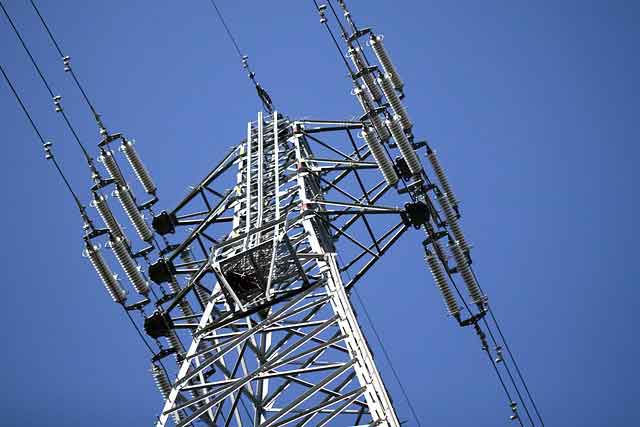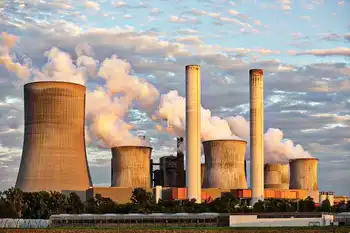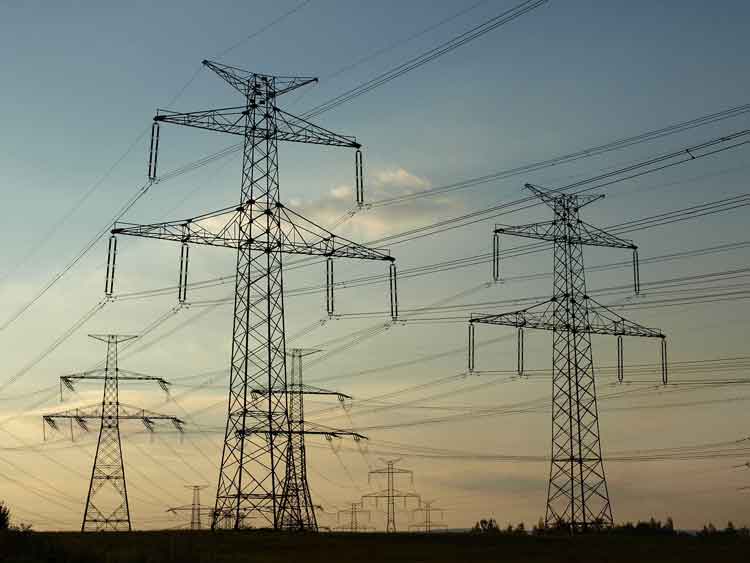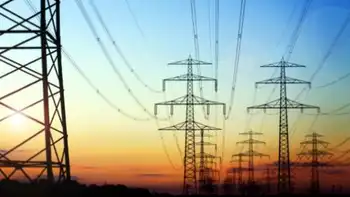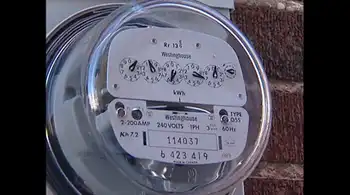Energy groups warn Trump and Perry are rushing major change to electricity pricing
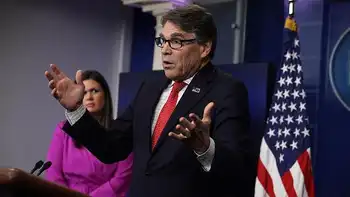
Protective Relay Training - Basic
Our customized live online or in‑person group training can be delivered to your staff at your location.

- Live Online
- 12 hours Instructor-led
- Group Training Available
DOE Grid Resilience Pricing Rule faces FERC review as energy groups challenge an expedited timeline to reward coal and nuclear for reliability in wholesale markets, impacting natural gas, renewables, baseload economics, and grid pricing.
Key Points
A DOE proposal directing FERC to compensate coal and nuclear plants for reliability attributes in wholesale markets.
✅ Industry coalition seeks normal FERC timeline and review
✅ Impacts wholesale pricing, baseload economics, reliability
✅ Request for 90-day comments and reply period
A coalition of 11 industry groups is pushing back on Energy Secretary Rick Perry's efforts to quickly implement a major change to the way electric power is priced in the United States.
The Energy Department on Friday proposed a rule that stands to bolster coal and nuclear power plants by forcing the regional markets that set electricity prices to compensate them for the reliability they provide. Perry asked the Federal Energy Regulatory Commission to consider and finalize the rule within 60 days, including a 45-day period during which stakeholders can issue comments.
On Monday, groups representing petroleum, natural gas, electric power and renewable energy interests including ACORE urged FERC to reject the expedited process, as well as the Department of Energy's request that the regulatory commission consider putting in place an interim rule.
They say the time frame is "aggressive" and the department didn't provide adequate justification for fast-tracking a process that could have huge impacts on wholesale electricity markets.
"This is one of the most significant proposed rules in decades related to the energy industry and, if finalized, would unquestionably have significant ramifications for wholesale markets under the Commission's jurisdiction," the groups said in the motion filed with FERC.
"The Energy Industry Associations urge the Commission to reject the proposed unreasonable timelines and instead proceed in a manner that would afford meaningful consideration of public comments and be consistent with the normal deliberative process that it typically affords such major undertakings," they said.
The groups are requesting a 90-day comment period, as well as another period for reply comments. FERC, which has authority to regulate interstate transmission and sale of electricity and natural gas, is not required to decide in favor of the rule but, amid a recent FERC decision that drew industry criticism, must consider it.
Expediting the process or imposing an interim rule is generally limited to emergencies, the groups said. The Energy Department's letter to FERC does not even attempt to establish that an immediate threat to U.S. electricity reliability exists, they allege.
- A coalition of energy industry groups asked regulators to reject a rule proposed by the U.S. Department of Energy on Friday.
- The rule would bolster coal-fired and nuclear power plants by requiring wholesale markets to compensate them for certain attributes.
- The groups say the Energy Department proposed "unreasonable timelines" for stakeholders to offer feedback on a rule with "significant ramifications for wholesale markets."
The groups cite a recent Energy Department report on grid reliability that concluded: "reliability is adequate today despite the retirement of 11 percent of the generating capacity available in 2002, as significant additions from natural gas, wind, and solar have come online since then."
The Department of Energy did not return a request for comment.
The Energy Department's rule marks a flashpoint in the battle between natural gas-fired and renewable energy and so-called baseload power sources like coal and nuclear.
Separately, coal and business groups have supported the EPA in litigation over the Affordable Clean Energy rule, as documented in legal challenges brought during the rule's defense.
Gas, wind and solar power have eaten into coal and nuclear's share of U.S. electric power generation in recent years. That is thanks to a boom in U.S. gas production that has pushed down prices, the rapid adoption of subsidized renewable energy and President Barack Obama's efforts to mitigate emissions from power plants, which the Trump administration has sought to replace with a tune-up as policies shift.
Electric power is priced in deregulated, wholesale markets in many parts of the country. Utilities typically draw on the cheapest power sources first.
Some worry that the retirement of coal-fired and nuclear power plants undermines the nation's ability to reliably and affordably deliver electricity to households and businesses.
President Donald Trump has vowed to revive the ailing coal industry, declaring an end to the 'war on coal' in public remarks. Trump, Perry and other administration officials reject the consensus among climate scientists that carbon emissions from sources like coal-fired plants are the primary cause of global warming.





